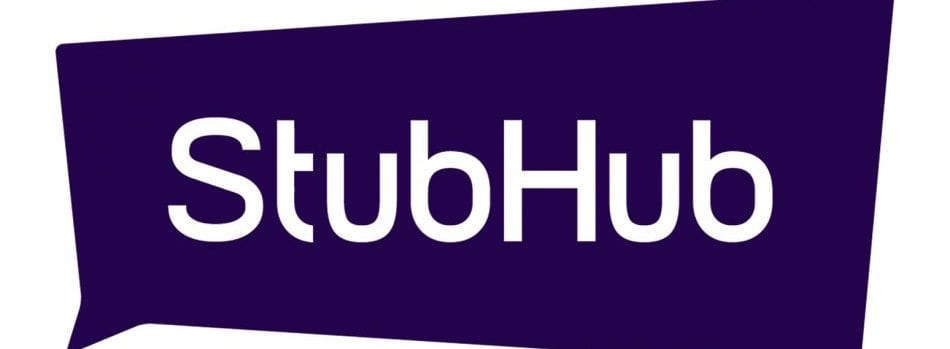A ruling by a California federal judge dealt a substantial blow to a lawsuit brought by a former competitor of StubHub, which alleged the secondary ticketing site illegally used proprietary code after hiring employees from that competitor. U.S. District Judge Stephen V. Wilson granted partial summary judgement to StubHub on Thursday for all but one claim, which included allegations of Defend Trade Secrets Act and Computer Fraud and Abuse Act violations.
The three plaintiffs include Michael Hunter Gray – co-founder of the start-up Calaborate – and Calaborate’s Vice President of Engineering Lisa Dusseault and developer Lasha Efremidze. The suit notes that Gray tried to sell the company, along with its mobile app Klutch, to StubHub. While the deal did not go through, StubHub and its former parent company eBay invited Gray, Dusseault and Efremidze to join as independent contractors. Calaborate was later purchased by Calendar Research.
The complaint argued that StubHub had violated trade secrets, which is legally defined as “all forms and types of financial, business, scientific, technical, economic, or engineering information, including patterns, plans, compilations, program devices, formulas, designs, prototypes, methods, techniques, processes, procedures, programs, or codes.” Plaintiffs alleged that the Klutch source code and its user experience/interface were used within StubHub’s own applications, which were ultimately found by the court as “not a protectable trade secret.”
Further claims that Klutch’s “venue focus” and “integration of third-party apps” constitute trade secrets were also disposed of. The court determined that “the concepts are so vaguely defined and there is so little evidence regarding either concept in the record,” leading them to be tossed out of the suit.
“The Court’s findings in its summary judgment order applied equally to all Defendants, not just StubHub,” the ruling read. “No defendant can be held liable for their role in the ‘use’ of Klutch source code in StubHub applications when the Court determined as a matter of law that the Klutch code was not used in any StubHub application.”
Additionally, the court noted that it is “undisputed that the individual defendants used some of the knowledge, learnings, and know-how they developed at Calaborate while working for StubHub,” however, that does not mean trade secrets were misappropriated.
After extensive litigation, the judge ruled that the complaint “failed to sufficiently identify any protectable trade secret under the DTSA” and “also failed to produce sufficient evidence to create a triable issue of fact on all but one of its CFAA claims.” A jury trial on that last remaining issue is scheduled for July 7, 2020 with a pretrial conference set for June 29, 2020.




